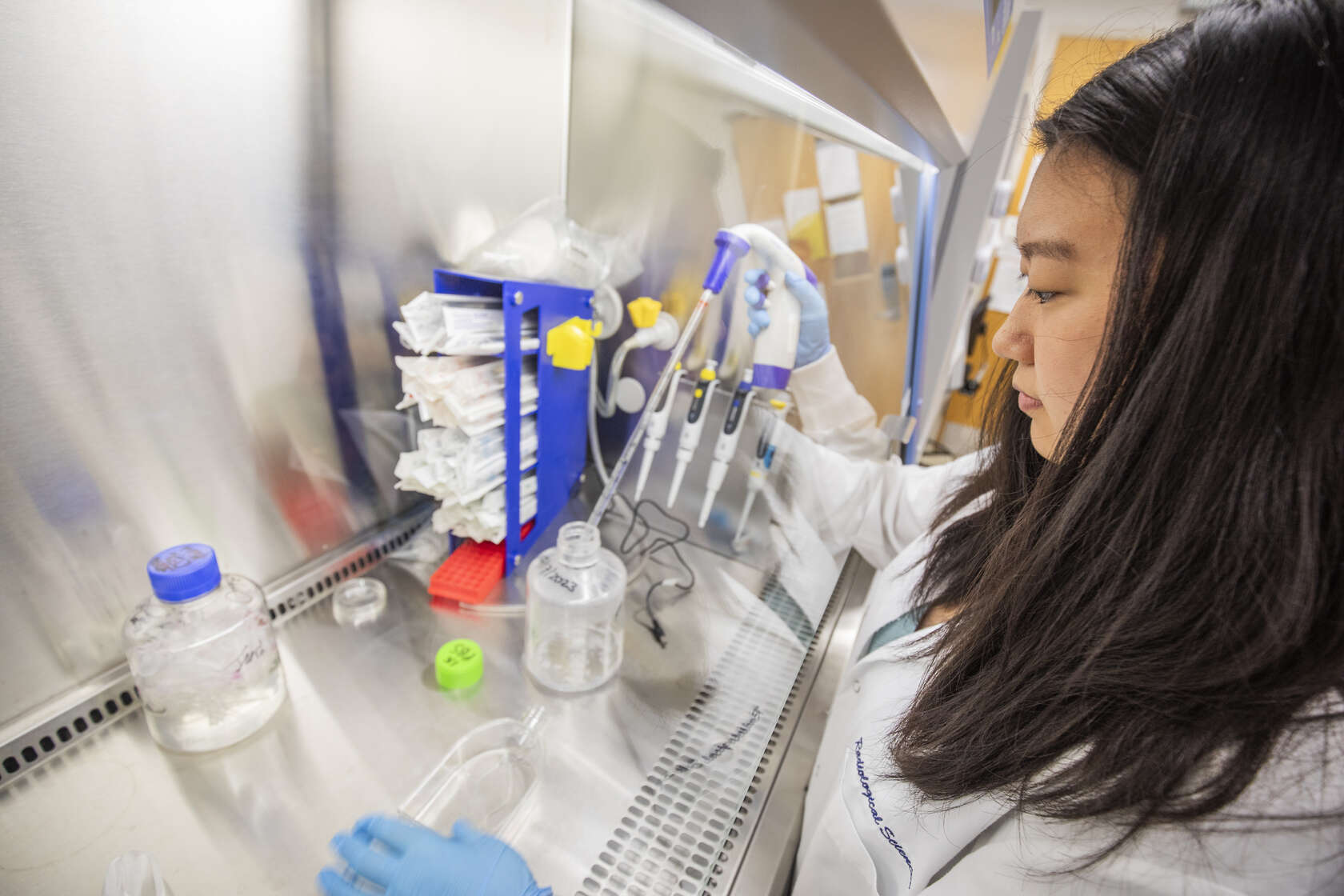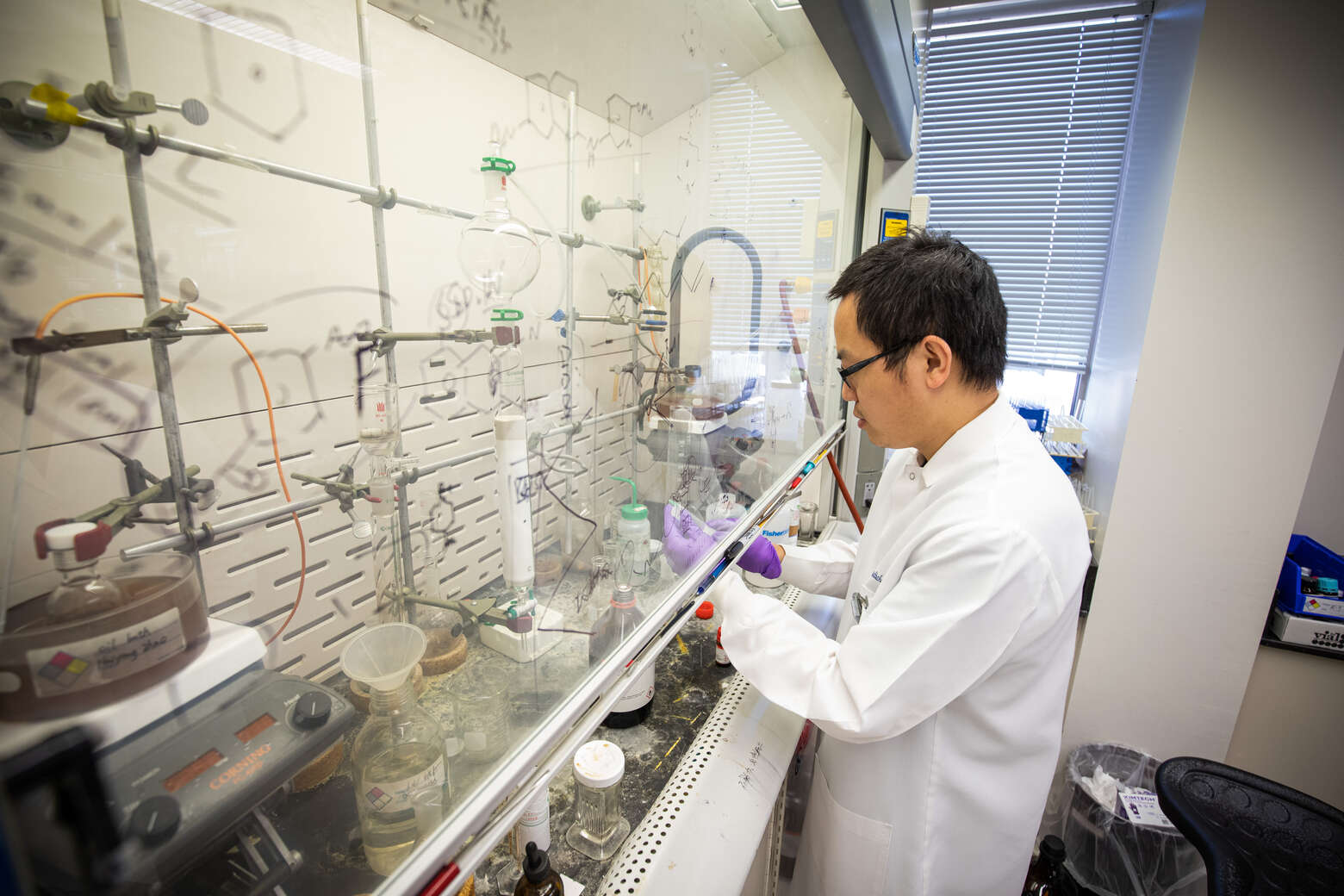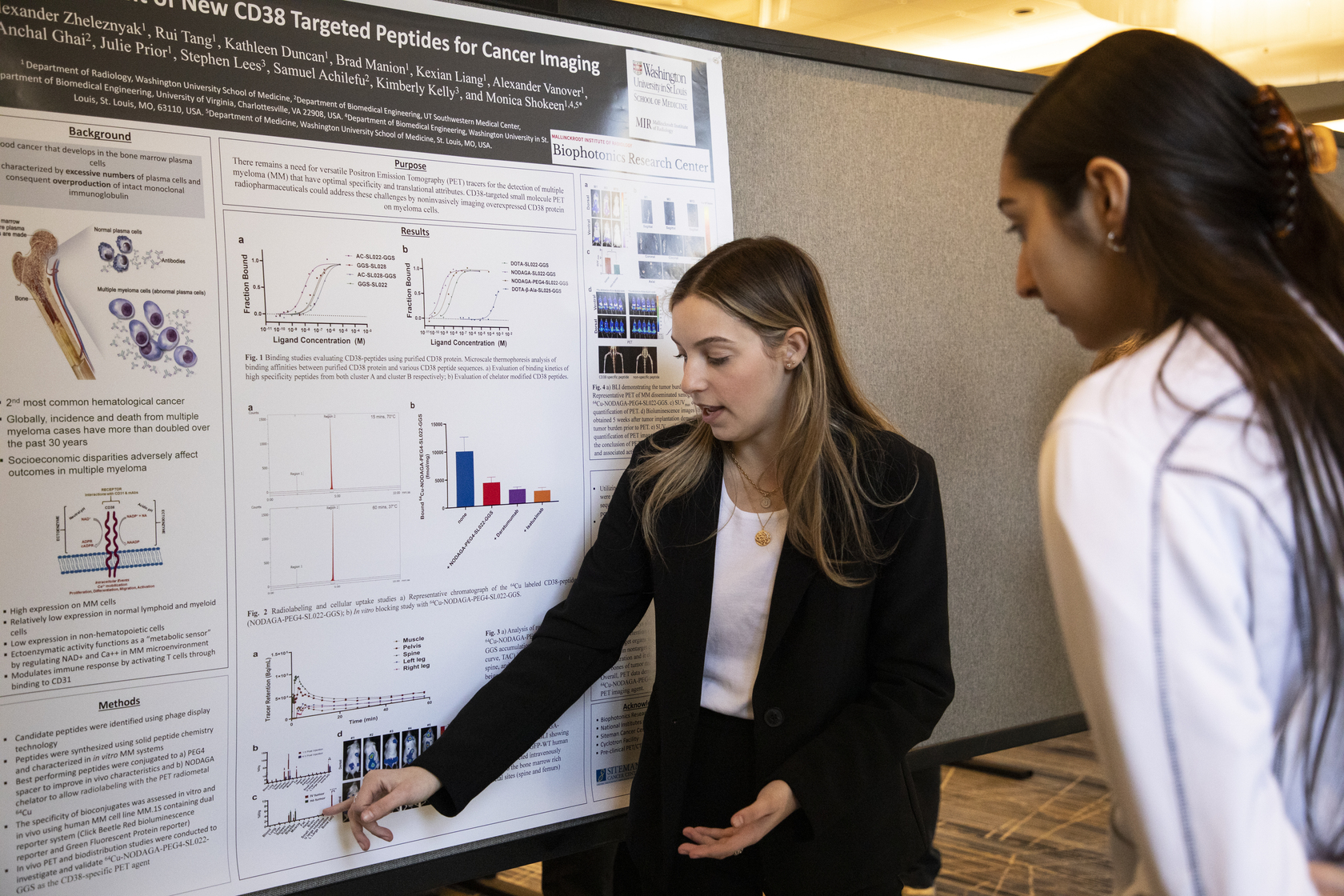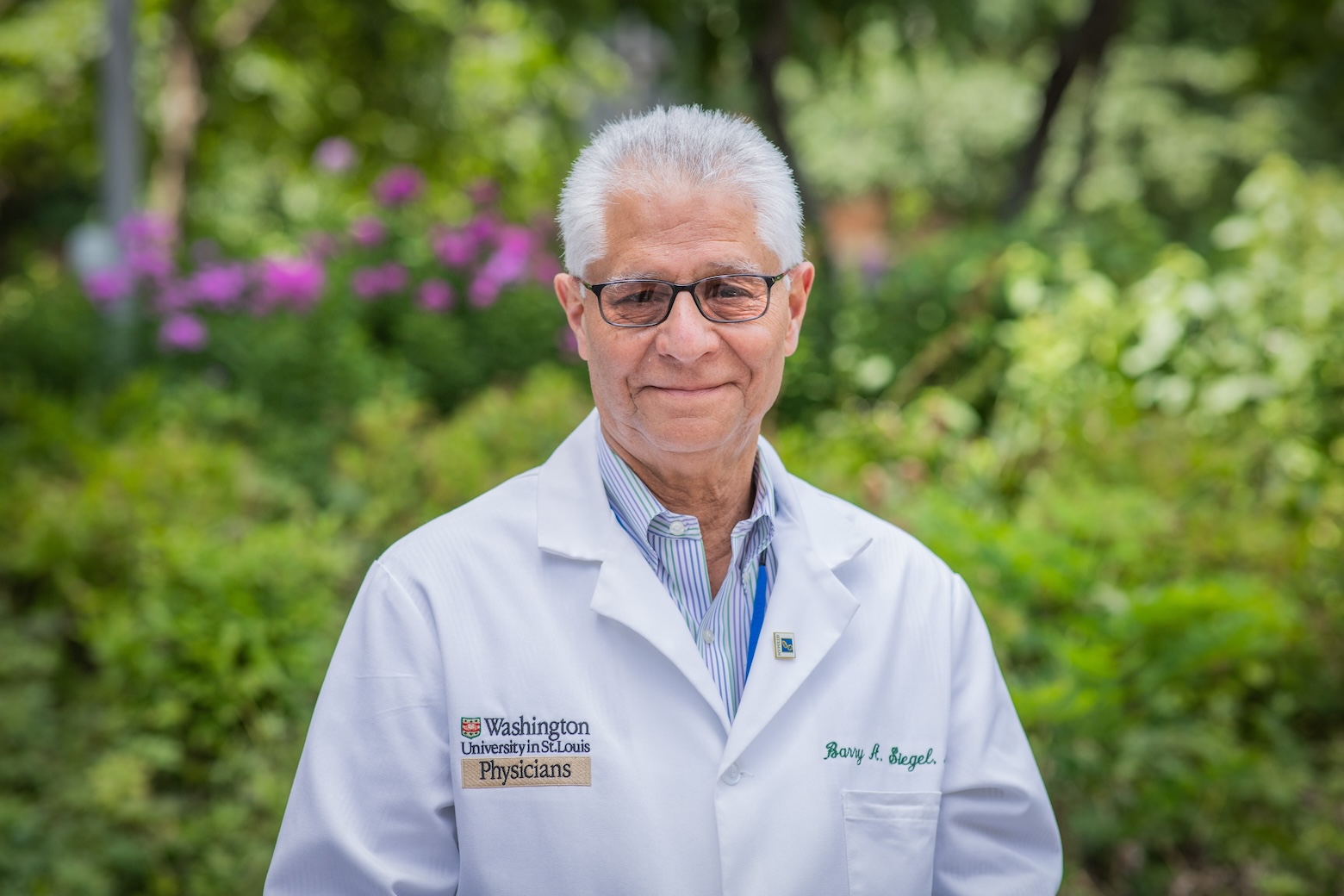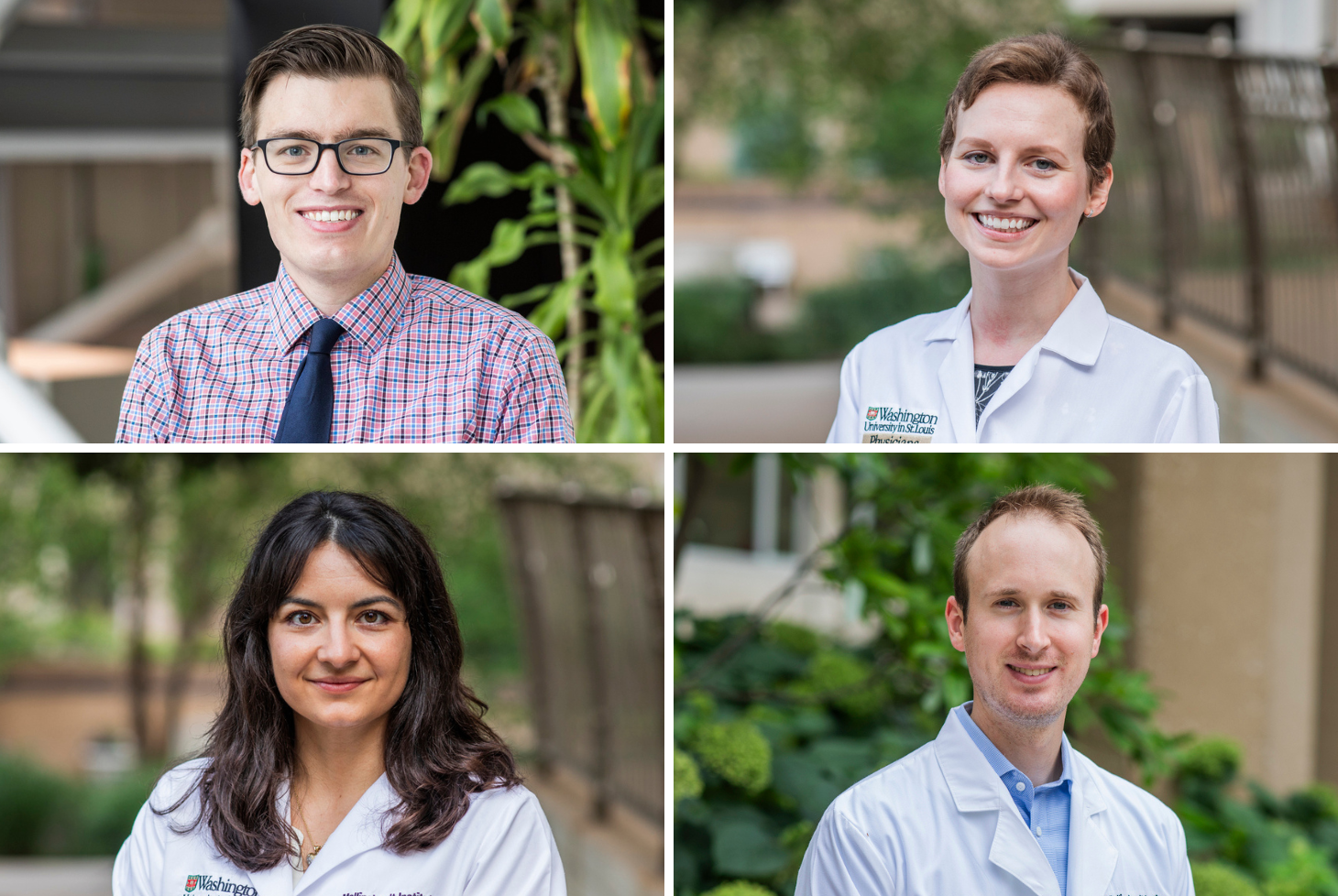2024 PET-RTRC Scientific Session to Explore Cardiac Inflammation and Lung Disease Imaging
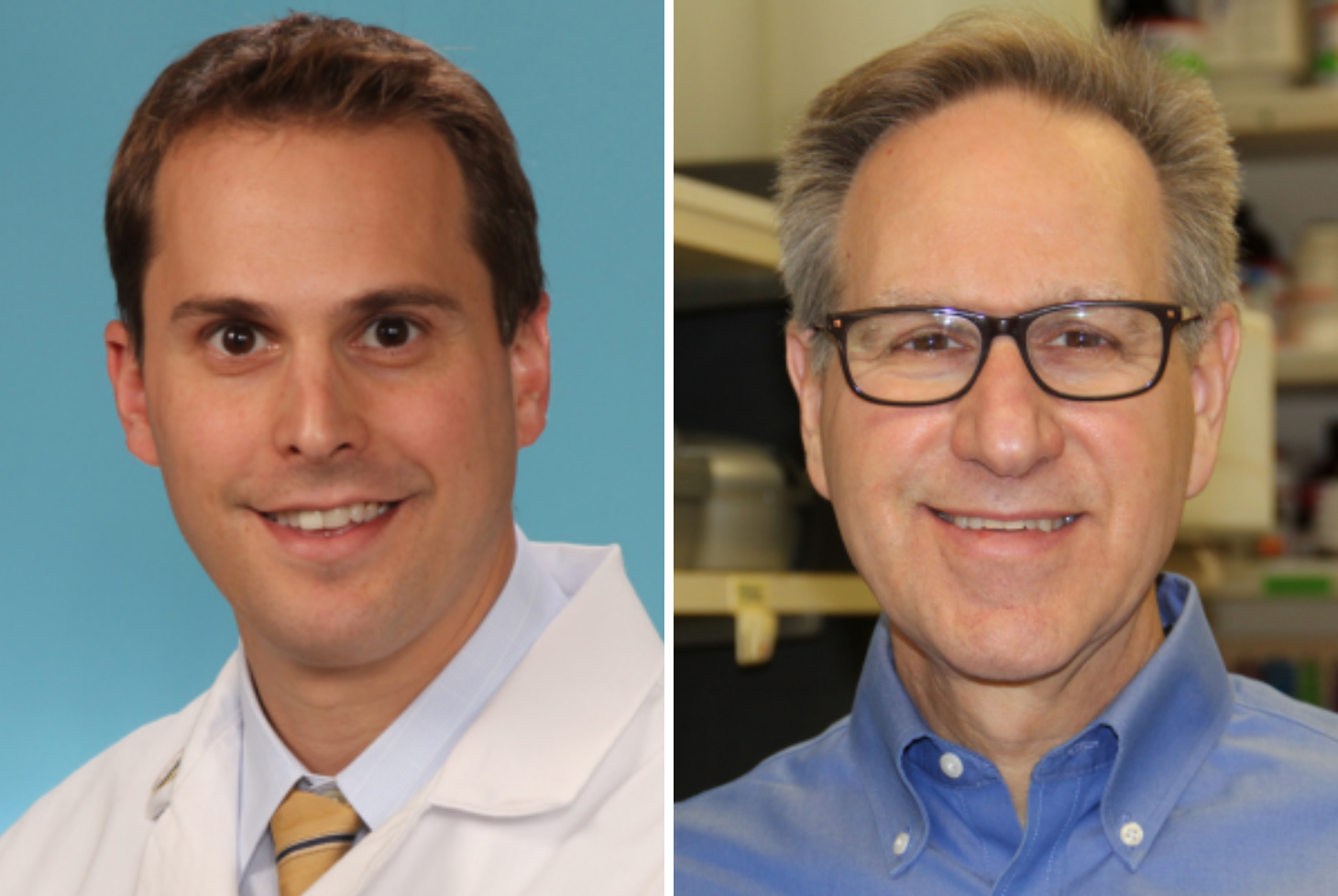
Leading imaging experts and innovators from all disciplines will discuss their work at this year’s PET-RTRC Scientific Session on Feb. 22, 2024. If you’re interested in learning more or registering for the annual event, register online or email Michelle Hoelscher.
Scientific Session Topic: Cardiac Inflammation and Imaging of Lung Disease
Mechanistic Determinants of Cardiac Inflammation and Fibrosis
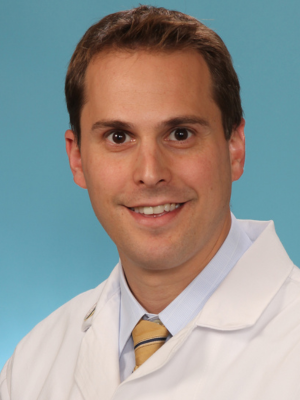
Plenary Speaker:
Kory Lavine, MD, PhD
Associate Professor of Medicine
Washington University School of Medicine
Kory Lavine, MD, PhD, is an associate professor and director of the Center for Cardiovascular Research at Washington University School of Medicine in St. Louis. A board-certified cardiologist, his research focuses on immune cell diversity in cardiovascular diseases, revealing distinct macrophage populations in the mouse and human heart. Ongoing projects investigate cardiac myeloid cell diversity, molecular determinants of cell fate, and the functions of monocytes, macrophages and dendritic cells. His team developed an imaging reagent to visualize inflammatory monocyte-derived macrophages in cardiovascular patients. They also explore targetable mechanisms for pediatric and adult cardiomyopathy, working towards precision therapeutics. Lavine completed his training at WashU after earning a bachelor’s degree in biological sciences from the University of Rochester.
Inflammation PET Imaging with Novel PET Tracers
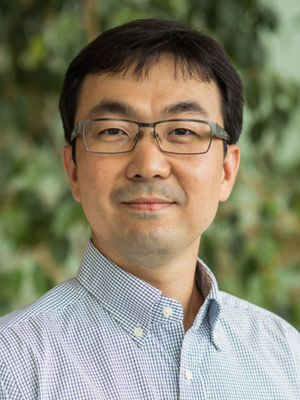
Gyu Seong Heo, PhD
Instructor in Radiology
Washington University School of Medicine
Gyu Seong Heo, PhD, is an instructor in radiology within the Precision Radiotheranostics Translation Center at Mallinckrodt Institute of Radiology (MIR) at Washington University School of Medicine. His research focuses on the development of novel molecular probes targeting inflammation for imaging and therapy. He has been involved in synthesizing novel peptide-based radiotracers for preclinical and translational imaging. Heo earned his doctoral degree in chemistry from Texas A&M University.
Clinical Needs for Molecular Imaging of Non-Malignant Lung Disease
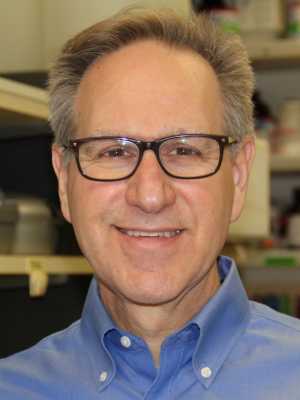
Plenary Speaker:
Steven L. Brody, MD
Dorothy R. and Hubert C. Moog Professor of Pulmonary Medicine
Washington University School of Medicine
Steven L. Brody, MD, is the Dorothy R. and Hubert C. Moog Professor of Pulmonary Medicine at Washington University School of Medicine. Brody’s research centers on airway epithelial cell differentiation, specifically basal cells’ lineage decisions, impacting asthma and chronic obstructive lung disease. He investigates proteins for motile cilia assembly, identifies human mutations affecting cilia function, and collaborates on lung imaging with radiolabeled nanoparticles. Also an attending physician at Barnes-Jewish Hospital, he earned his medical degree from University of Michigan Medical School, completed residency at the University of Cincinnati Medical Center as well as postdoctoral training at Emory University. A faculty member since 1994, he contributes significantly to pulmonary medicine research.
PET Imaging of Lung Inflammation-Fibrosis Axis by Targeting Chemokine-Like Receptor 1 (CMKLR1)
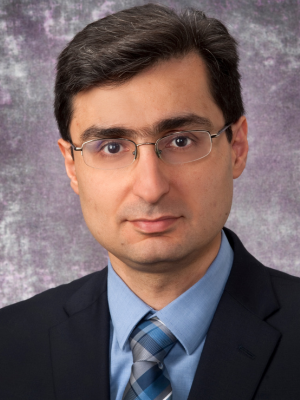
Sina Tavakoli, MD, PhD
Assistant Professor of Radiology
University of Pittsburgh School of Medicine
Sina Tavakoli, MD, PhD, is an assistant professor of radiology and the chief of the division of cardiothoracic imaging at the University of Pittsburgh Medical Center. He serves as an editorial board member of Radiology: Cardiothoracic Imaging and Journal of Nuclear Cardiology. Tavakoli’s research focuses on molecular imaging of inflammation in cardiovascular and pulmonary diseases with an emphasis on noninvasive imaging of sustained inflammation as a driver of adverse extracellular matrix remodeling. He earned his medical degree from Tehran University of Medical Sciences, finished his residency at University of Texas Health Science Center at San Antonio and completed a fellowship at University of Washington School of Medicine.

